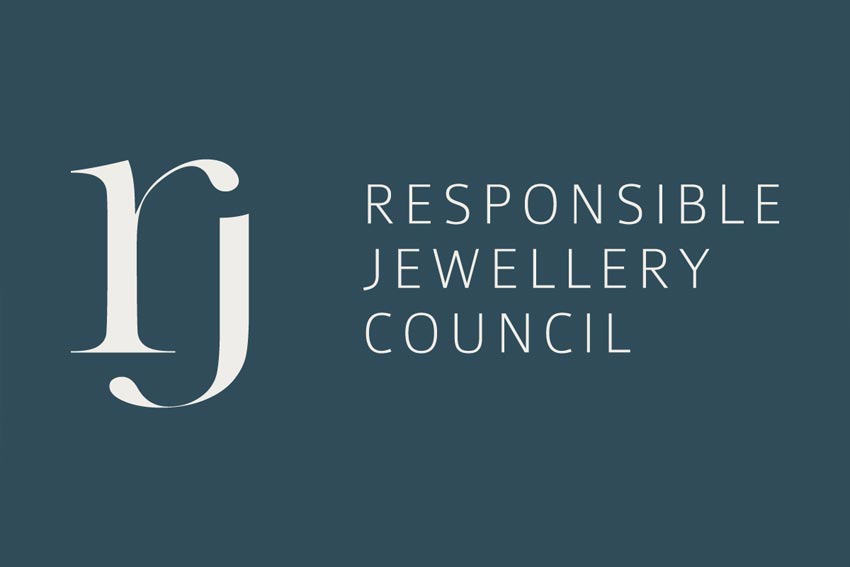Gold Week Africa: how to purchase products with a detailed provenance
- 17 Feb 2021
- 0 Comments

This millennium has seen a profound shift in how the jewellery industry sources the precious metals and gemstones used to create fine jewellery.
Much of these valuable raw materials come from the contingent of Africa, especially of course, gold.
Principally driven by negative stories of human rights abuses, environmental issues and resource driven conflict, the jewellery industry has had to radically amend the systems and standards by which it trades and produces these materials, to ensure they’re sourced responsibly.
More recently we've seen increasing consumer expectations around informed and responsible product sourcing.
Whilst fine jewellery can benefit the communities who mine and make it, there are several challenges facing jewellers seeking to reliably and cost effectively purchase products with a detailed provenance.
Betts managing director, Charlie Betts spoke to Edward Johnson during day two of Gold Week Africa 2021 to explain more.
What is responsibly sourced gold?
“Responsible sourcing is a term that is bandied about a lot but I don’t think there is a clear and universally accepted definition. Responsible sourcing is firstly about engaging with your supply chain. I don’t think you can claim to be resourcing anything responsibly if you really don’t know where it’s come from.
“Secondly it’s ensuring that that material has been produced according to international best practice and there are several ways of doing that. It could be through a corporate mine which is the area we focus on, equally there are standards around Fairtrade and Fairmined gold and standards around recycling.”
Betts Group is involved in refining Fairtrade and Fairmined gold, but what options are available to jewellers in terms of responsible sourcing?
“Fairtrade and Fairmined gold are both fantastic initiatives that focus on the artisanal and small-scale mining (ASM) sector. They essentially offer a premium to the people producing the gold in a way that concentrates on health and safety and the ethics and environmental and social issues around that.
“There are some difficulties associated with ASM in terms of volume of supply (it probably constitutes around 10% of global production) so it may struggle to become a mass market solution. Beyond that, we’re trying to offer gold that can be traced to a corporate mine, so far bigger production, but one that adheres to World Gold Council Responsible Gold Mining Principles (RGMPs). Our view is that a really properly run corporate mine can be a real force for good within the community in which it operates.
“Obviously it’s a complex picture with lots of different elements. It’s also really important that we recycle metal too but we can’t often make a provenance claim when dealing with recycled metals, unless we know exactly what it’s been recycled from.”
Is it important to know where our gold comes from and do consumers actually care?
“It’s incredibly important. You can’t know that you’re not doing harm unless you know where the gold has come from and consumers increasingly care about that. If you’d asked this question two or three years ago, yes there were consumers that cared about provenance but, possibly accelerated by covid-19, there is clear evidence that consumers are asking about the ethical considerations of the items they are buying. And that’s not just in jewellery, it’s in all kinds of sectors.
“Last year the World Gold Council reported that 70% of jewellery buyers really cared about the ethical provenance of their purchase and we’ve seen the growth of environmental, social and governance (ESG) considerations in the corporate world too. As a corporate miner it’s now not only the right thing to do to act responsibly, it’s also the profitable thing to do, as it attracts investment.”
To watch the interview in full, please visit: YouTube






